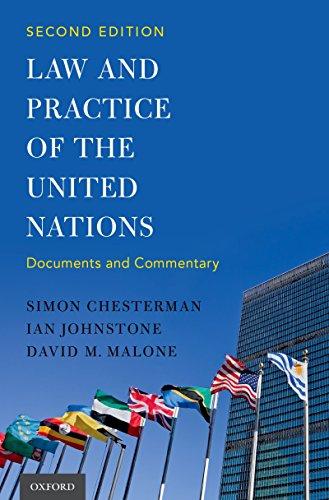Question
Food Retailing in India: Revolution or Evolution? Modern retailing approaches are evolving in India, especially in the food sector. It is common practice to shop
Food Retailing in India: Revolution or Evolution?
Modern retailing approaches are evolving in India, especially in the food sector. It is common practice to shop for groceries inkiranastores, small neighbourhood shops and produce markets operated by entrepreneurs. In these retail outlets, the fruits and vegetables often are not good quality or in good condition, and the shops are not attractive or comfortable for shoppers. The owners are known for being wasteful, buying in small quantities, selling at high prices, lacking storage capability, and having no expertise in inventory control. There are about 12 million of these small family-operated outlets. In addition, there are 200 million pushcart vendors and hawkers who depend on the highly fragmented retail market for their livelihood.
Large Indian corporations have entered the market, such as Reliance Retail Ltd., with 300 stores in 30 cities across India. Some are opening modern North American-style supermarkets and hypermarkets while others are operating chains of produce shops. These stores are air-conditioned, brightly lit and clean, with trained workers. A greater variety of higher quality fruits and vegetables are available. Goods are neatly packaged, accurately weighed, and refrigerated. Most importantly, prices are lower. Modern retailing supply chain practices are being introduced, including distribution efficiency, high technology farming, and waste reduction. Some suggest that the farmers will receive more for their products as middlemen will be eliminated from the supply chain.
Another dimension of this issue is the restriction on foreign retailers' entry into the Indian market. Foreign retailers cannot sell directly to consumers. To circumvent this regulation, foreign corporations are entering at the wholesale level or in joint ventures or partnerships with Indian corporations. For example, Walmart has a joint venture with Bharti Enterprises, an Indian conglomerate. Other foreign retailers are attempting to enter the Indian market, including the U.K.'s Tesco PLC, and France's Carrefour SA.
The operators of the smaller stores have protested this trend and have called upon government to stop the large corporations from entering the market. They feel that they cannot compete with the new retailers and would become unemployed with no other form of work available to them. The Indian government is monitoring this retail revolution closely and is under political pressure from the small shopkeepers, opposition parties, and socialist groups. There is concern that the arrival of modern retailing reduces the opportunities for self-employment, especially among the poor. The state of Uttar Pradesh even ordered the closing of ten Reliance supermarkets to placate protestors.
Economists argue that the retail market, estimated at US$328 billion, is large enough for both traditional and modern retailers. The liberalization of retail trade in India is not yet a revolution, and barely an evolutionary trend. In November 2012, the Indian government announced that it would allow foreign investments in supermarkets and department stores.
Questions
1.Who are the stakeholders involved and what are their positions?
2.What are the issues relating to business and society? What dilemmas arise for Indian business and society?
3.How are the harms and benefits of the retail trade liberalization distributed?
4.Should foreign corporations be allowed to operate freely in India?
Step by Step Solution
There are 3 Steps involved in it
Step: 1

Get Instant Access to Expert-Tailored Solutions
See step-by-step solutions with expert insights and AI powered tools for academic success
Step: 2

Step: 3

Ace Your Homework with AI
Get the answers you need in no time with our AI-driven, step-by-step assistance
Get Started


